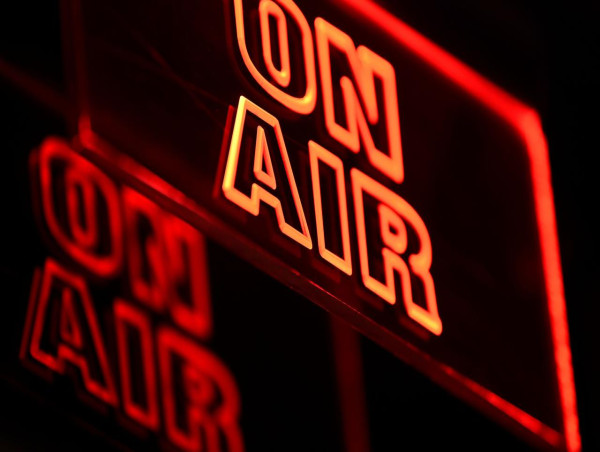Australian radio stations are broadcasting music from local artists for a tiny fraction of what it's worth, a parliamentary hearing has been told.
Laws made in 1969 limited the fees paid for the broadcast of sound recordings and the rules have not changed in more than half a century, music industry executives said on Friday at a hearing looking at the national cultural policy.
Commercial radio stations don't have to pay any more than one per cent of a radio station's annual revenue, which adds up to about $4 million a year across 260 stations.
The ABC only has to pay $0.005 per head of population for all of the Australian sound recordings played on its radio network.
This costs the national broadcaster about $130,000 a year, Phonographic Performance Company of Australia (PPCA) chief executive Annabelle Herd told the hearing.
"At the moment we are severely disadvantaged. It makes no sense," she said.
The organisation collects fees from the stations and distributes them to artists and record labels but the rules mean thousands of musicians and labels have been underpaid, she said.
The so-called "radio caps" severely undervalue the use of sound recordings and mean artists are effectively subsidising the highly profitable commercial radio sector, she said.
The fees are well below the rates for other countries including the UK and New Zealand, Ms Herd said.
The Australian Recording Industry Association, of which Ms Herd is also the chief executive, collects copyright royalties for artists separately.
Musician Josh Pyke, who also chairs the PPCA, said Australia needed an overall ecosystem to support its musicians.
"We have such amazing talent here and it seems that we've succeeded despite government involvement and we could thrive with that holistic approach," he said.
The PPCA took the caps to the high court in 2011 but the court ruled on a narrow constitutional issue and did not decide on whether the radio caps were fair or just.
The creation of a national body to promote the industry, to be known as Music Australia, was part of the federal government's national cultural policy launched in January.






